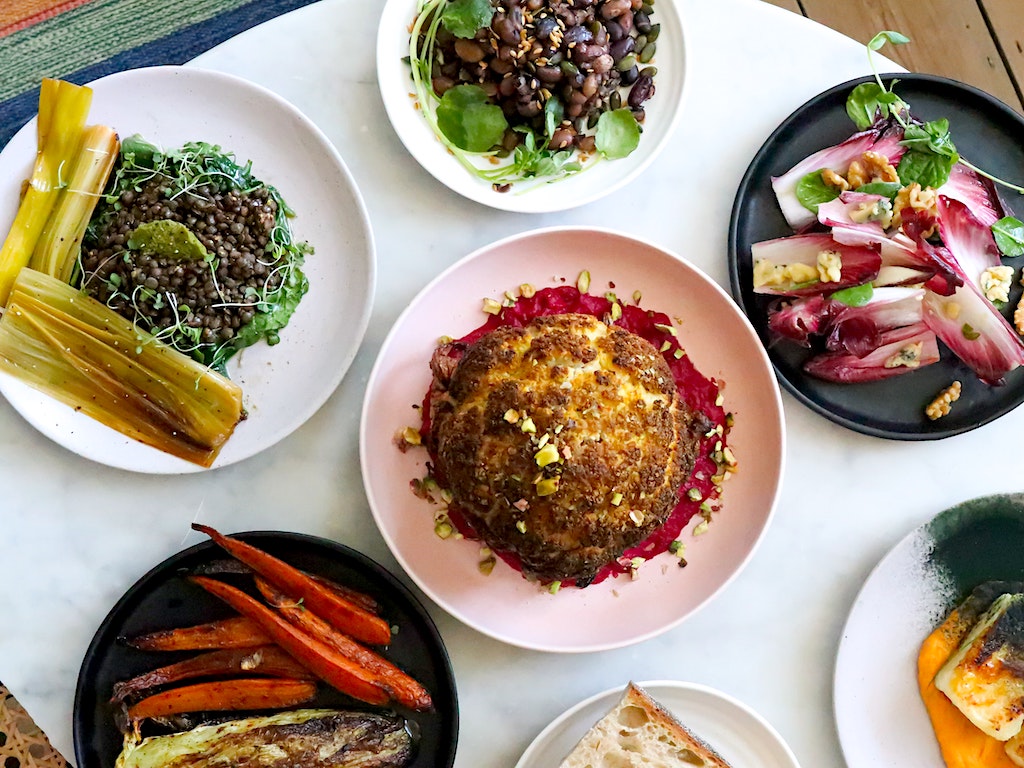3 Mins Read
COP26 is set to take place in Glasgow next month and attendees are set to feast on a sustainable menu to truly put climate change at the centre of the conference. Delegates can expect plant-based dishes to feature heavily on the low-carbon menu, with around 80% of the seasonal ingredients sourced locally from Scotland.
Attendees of COP26 will find themselves feasting on plant-based dishes and local seasonal food from Scotland. The UK, which is hosting the conference at Glasgow from October 31 to November 12 this year, says that some 80% of the food will all be sourced locally in Scotland. 95% of the ingredients will be from the UK.
COP26 menu
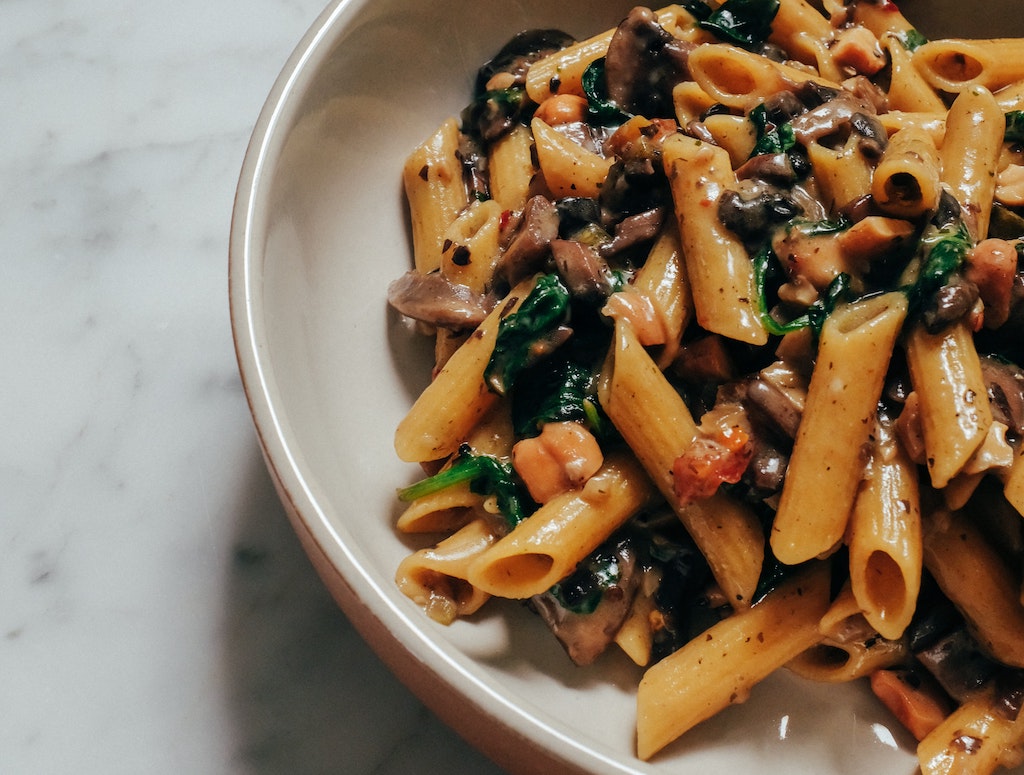
The government, which says it has put “sustainable measures at the heart” of its catering approach, has decided that low-carbon plant-forward dishes will dominate the COP26 menu. Plant-based dishes tend to be far more climate-friendly than meat and dairy-heavy dishes, with animal agriculture driving 18% of global GHG emissions.
Some of the sample dishes it has laid out include a winter squash lasagne, made with celeriac, glazed root veggies and winter squash, topped with vegan cheddar. This dish has a footprint of 0.7 kilograms of CO2 equivalent emissions, it says. The organic kale and seasonal vegetable pasta has an even lower footprint of 0.3 kilograms of CO2, featuring spelt fusilli, field mushrooms and locally sourced produce.
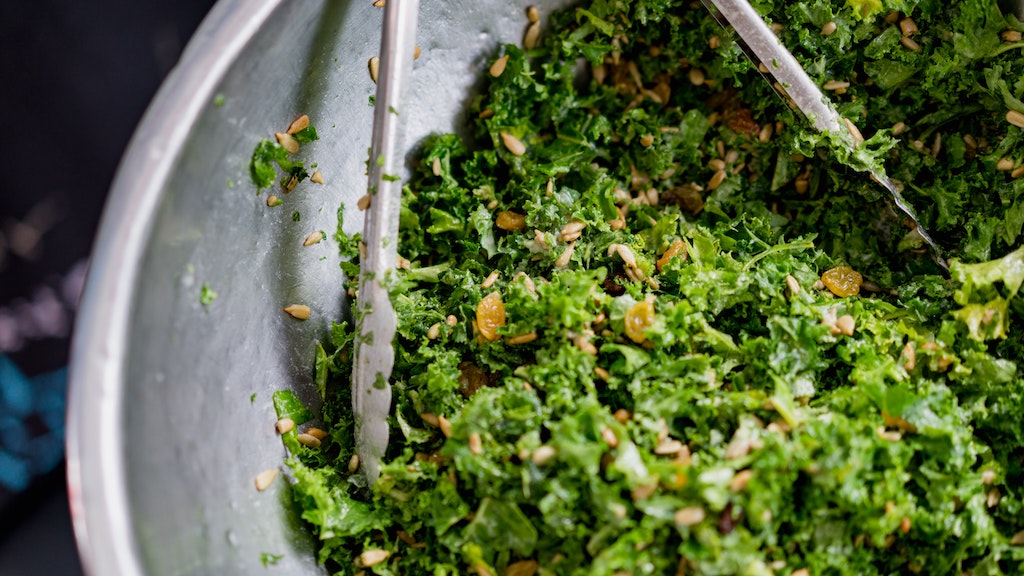
Another plant-based dish on the menu is an organic spelt whole-grain penne pasta, which comes with a tomato ragu sauce, kale, and oatmeal-based crumble on top. It’s the most carbon-friendly of all, requiring only 0.2 kilograms of CO2 to produce.
These sample vegan dishes bear a much lower footprint than other non-vegan menu options, such as the braised turkey meatballs, which emits nearly 1 kilogram of CO2 equivalent.
Related: UK to slash meat intake by 30% under new national food strategy
Food waste, reusables and circular suppliers
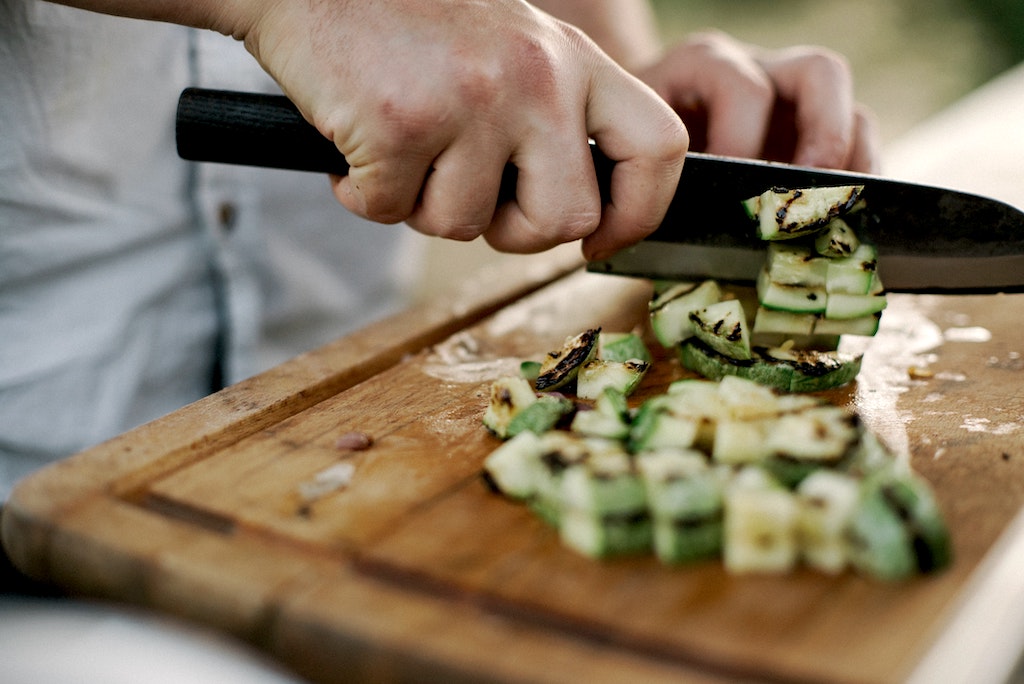
Aside from offering low-carbon meals by placing plant-based dishes at the centre of the menu, COP26 organisers say that it will be making an effort to be as sustainable as possible across its entire catering operations.
Surplus food ingredients, for instance, will be repurposed for other meals to avoid food waste, and reusable cups will be adopted across the entire conference, eliminating the need to throw out as many as 250,000 single-use cups that are typically consumed at these large-scale events.
Suppliers have also been selected for their high sustainability standards, such as Edinburgh-based Mara Seaweed, which grows its algae without any fertiliser or soil and Benzies carrots and potatoes, which are stored in warehouses powered by wind turbines.
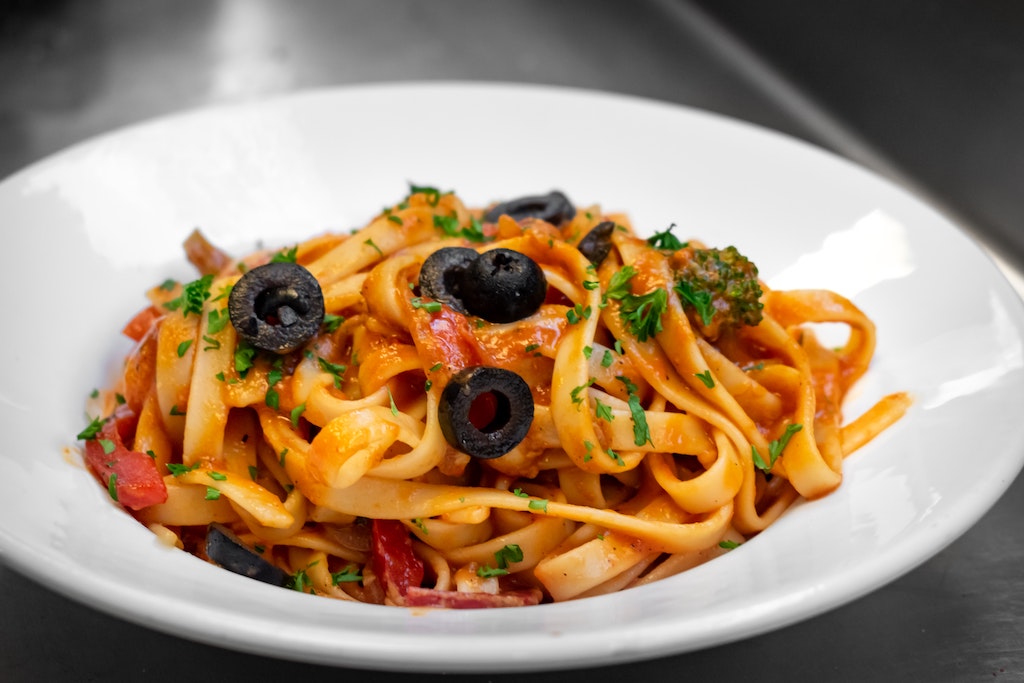
“We have worked hard to create low carbon menus that are accessible to all. We hope our sustainable food strategy will shape menus of the future as we all work to protect our planet,” shared Kevin Watson, business director of SEC Food.
“As well as providing great tasting and nutritious food, our menus are focused on local and seasonal sourcing, with a plant-forward approach. We have been delighted to showcase and work with so many local Scottish suppliers and our teams are looking forward to supporting the event.”
All images courtesy of Unsplash.


